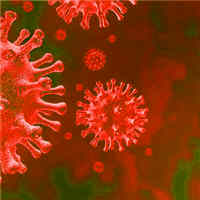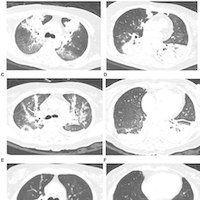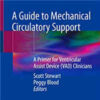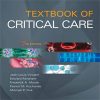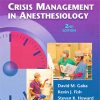Heat Shock Protein 27 in COVID-19 and non-COVID ARDS Pathogenesis
link.springer.com
Acute respiratory distress syndrome (ARDS) is a common cause of hypoxemic respiratory failure in intensive care units that has increased dramatically as a result of the COVID-19 pandemic.
In both COVID-19 and non-COVID ARDS, the pathogenesis of lung injury involves local (pulmonary) and systemic inflammation, leading to impaired gas exchange, requirement for mechanical ventilation, and a high risk of mortality.
Heat shock protein 27 (HSP27) is a chaperone protein expressed in times of cell stress with roles in modulation of systemic inflammation via the NF-κB pathway.
Given its important role as a modulator of inflammation, we sought to investigate the role of HSP27 and its associated auto-antibodies in ARDS caused by both SARS-CoV-2 and non-COVID etiologies.
A total of 68 patients admitted to the intensive care unit with ARDS requiring mechanical ventilation were enrolled in a prospective, observational study that included 22 non-COVID-19 and 46 COVID-19 patients.
Blood plasma levels of HSP27, anti-HSP27 auto-antibody (AAB), and cytokine profiles were measured on days 1 and 3 of ICU admission along with clinical outcome measures.
Patients with COVID-19 ARDS displayed significantly higher levels of HSP27 in plasma, and a higher ratio of HSP27:AAB on both day 1 and day 3 of ICU admission.


